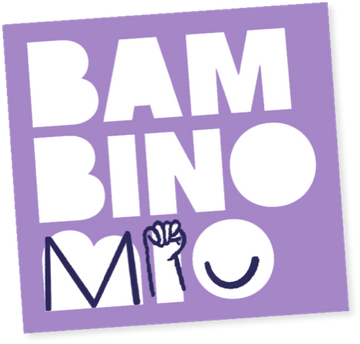We're currently bringing you shiny new updates! We'll be offline for the next couple of hours but will be back up & running soon.
If you need to get in touch with us in the meantime please email us at customercare@bambinomio.com.
We apologise for any inconvenience and thank you for your patience.
Bambino Mio 💜
Wir führen gerade Updates durch! Dafür sind wir in den nächsten Stunden offline, werden aber bald wieder voll für dich verfügbar sein.
Wenn du in der Zwischenzeit Kontakt mit uns aufnehmen möchtest, sende bitte eine E-Mail an customercare@bambinomio.com.
Wir entschuldigen uns für die Unannehmlichkeiten und bedanken uns für deine Geduld.
Bambino Mio 💜
Nous mettons à jour le site ! Il sera inaccessible quelques heures mais de retour très vite.
Si vous avez besoin de nous contacter pendant ce temps, nous vous invitons à écrire à customercare@bambinomio.com.
Nous vous prions de bien vouloir nous excuser pour la gêne occasionnée et vous remercions de votre patience.
Bambino Mio 💜

